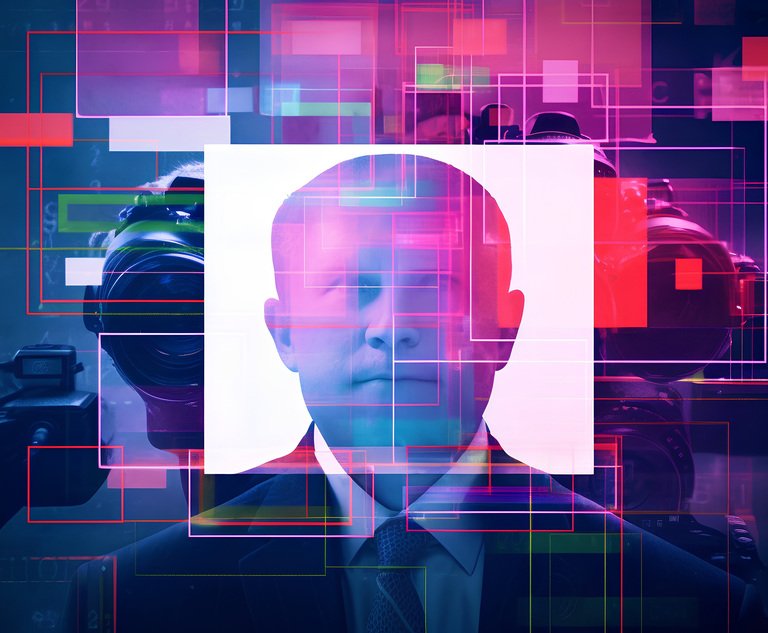 "It's possible that there are current losses from deepfakes that companies haven't even uncovered yet," said David Ledet, counsel in Reed Smith's Insurance Recovery Group. "I think we still don't know how widespread deepfakes can grow to be or how severe the losses might be." (Credit: TensorSpark/Adobe Stock)
"It's possible that there are current losses from deepfakes that companies haven't even uncovered yet," said David Ledet, counsel in Reed Smith's Insurance Recovery Group. "I think we still don't know how widespread deepfakes can grow to be or how severe the losses might be." (Credit: TensorSpark/Adobe Stock)
Deepfakes are becoming more sophisticated as artificial intelligence (AI) enhances fraudsters' abilities to hoodwink employees. These virtual recreations can mimic voices and personas on voicemails and video calls, convincing employees – even those with cybersecurity training – to hand over data, VPN access or funds.
Recommended For You
Want to continue reading?
Become a Free PropertyCasualty360 Digital Reader
Your access to unlimited PropertyCasualty360 content isn’t changing.
Once you are an ALM digital member, you’ll receive:
- Breaking insurance news and analysis, on-site and via our newsletters and custom alerts
- Weekly Insurance Speak podcast featuring exclusive interviews with industry leaders
- Educational webcasts, white papers, and ebooks from industry thought leaders
- Critical converage of the employee benefits and financial advisory markets on our other ALM sites, BenefitsPRO and ThinkAdvisor
Already have an account? Sign In Now
© 2025 ALM Global, LLC, All Rights Reserved. Request academic re-use from www.copyright.com. All other uses, submit a request to [email protected]. For more information visit Asset & Logo Licensing.








